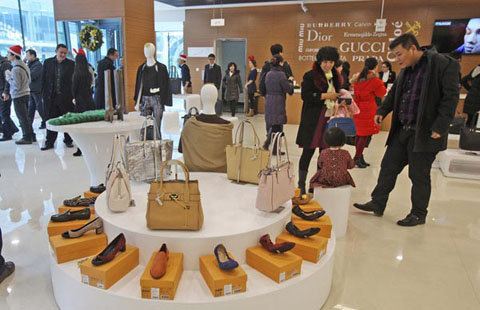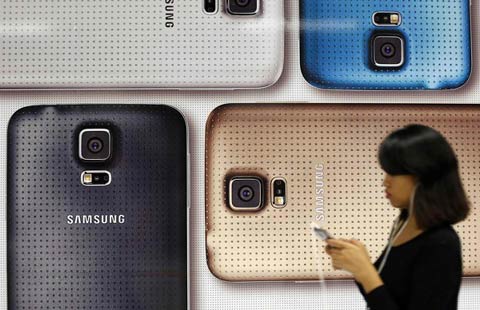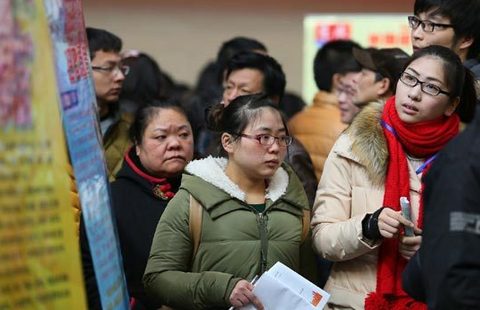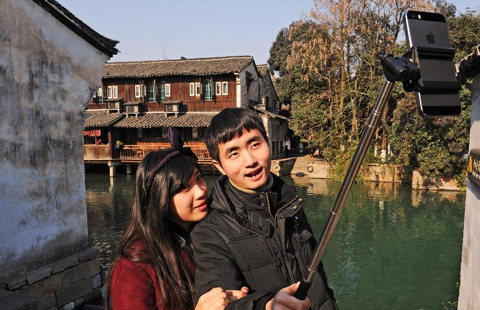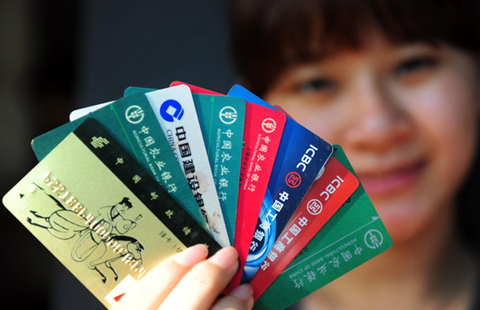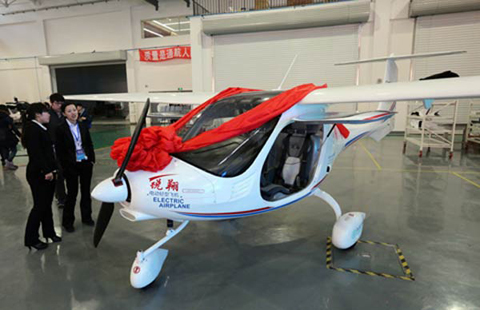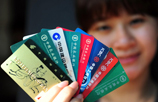Casino grows as Chinese find paradise
(Agencies) Updated: 2015-02-11 07:44
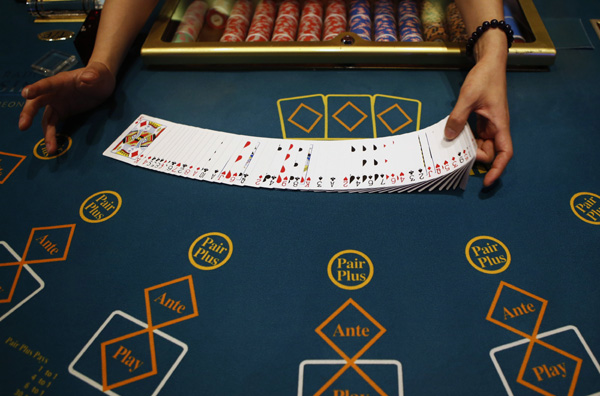 |
|
A dealer displays cards on a gaming table at Paradise Casino in Incheon, South Korea. Paradise Co is increasing gambling space to cater for a boom in Chinese visitors. [Photo/Agencies] |
Tough crackdown on Macao gambling has some gamblers making a search for new alternatives
Paradise Co, South Korea's largest operator of casinos for foreigners, is increasing gambling space to cater for a boom in Chinese visitors, even as China cracks down on overseas casinos marketing to its citizens.
Paradise will expand floor space at three of its five foreigner-only casinos including doubling the size of gaming areas at its casino on Jeju Island, as Chinese gamblers who comprise more than two-thirds of its visitors pack its halls, Vice-Chairman Lee Hyuk-byung said in an interview.
China announced on Feb 6 it would stop foreign casinos from luring its citizens to gamble overseas including through offices set up in the country, the latest in a slew of policies linked to an anti-corruption campaign that has hit gambling revenues in Macao. Seoul-based Paradise does not market directly to gamblers in China as that is illegal, and it mainly relies on word of mouth, Lee said on Feb 5, prior to China's announcement.
There is not enough information about the latest policy and Paradise has not seen any impact on its operations, said Shim Hye-jeong, an investor relations official at the company after China's announcement.
Chinese wooed
Casino operators such as Australia's Echo Entertainment Group Ltd and Nagacorp Ltd are trying to woo Chinese gamblers as the anti-graft campaign and stricter visa rules to Macao drove bettors to seek out alternative gaming markets. There has been a surge in the number of visitors from China to South Korea over the past two years, Lee said.
"If you visit our casinos, it isn't full on the weekdays, but on the weekends from Friday afternoon to Sundays, it's fully packed," Lee said. "This means we cannot provide all the gaming needs of our visitors. By expanding, we can."
Paradise shares broke its three-day losing streak to rebound from Monday's 17-month low, rising 2.3 percent to 22,300 won ($20.5) at the close of trading in South Korea on Tuesday. Rival Grand Korea Leisure Co closed up 0.8 percent, while the benchmark Kospi index fell 0.6 percent.
- China should be alert to deflation risks
- Record fine to have little impact on Qualcomm
- China's 2014 tourism revenue hits 3.38 trillion
- Ageing China draws investors to its "hot as Internet" healthcare sector
- Tesla CEO threatens firings after dismal China sales
- HK lender to boost headcount for growth
- LED leader reaps IPO riches
- Wanda eyes more M&A deals this year
